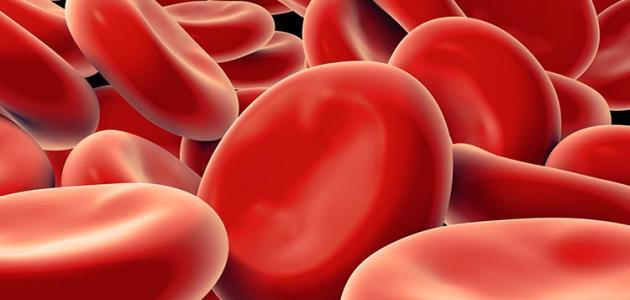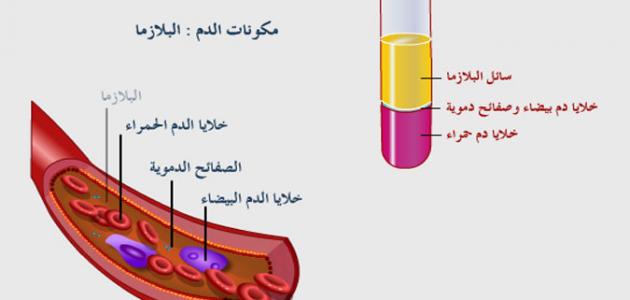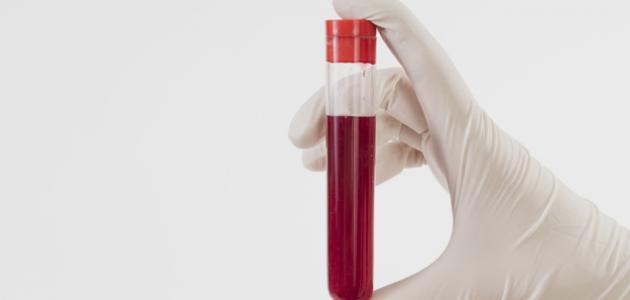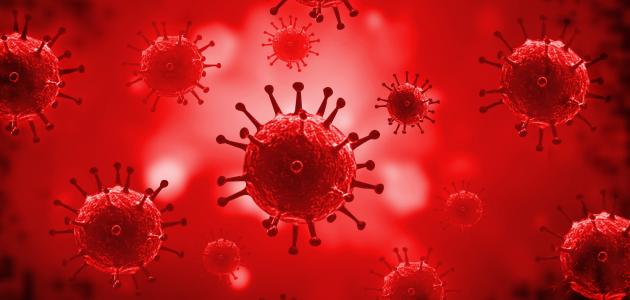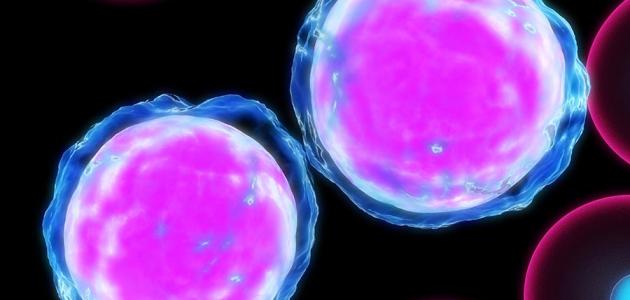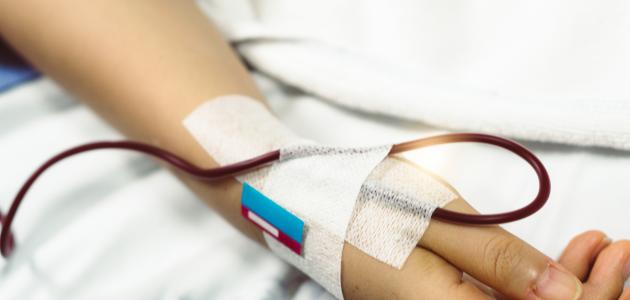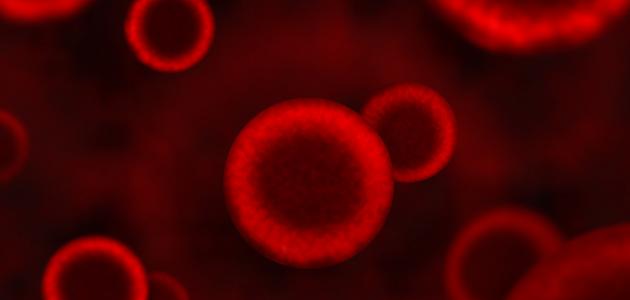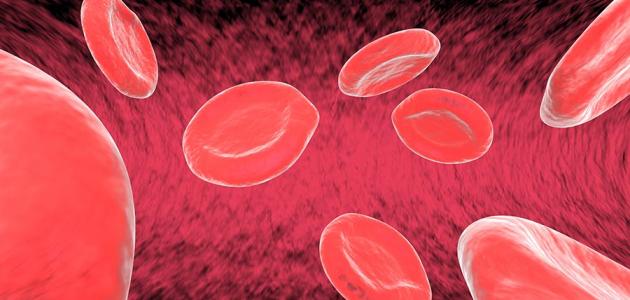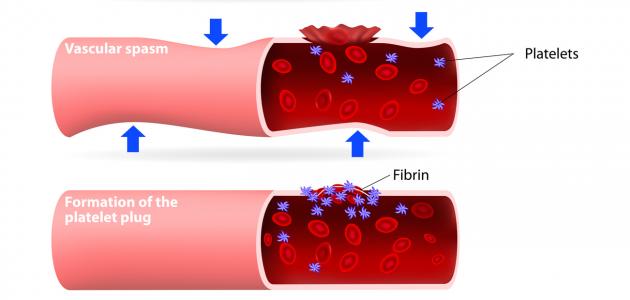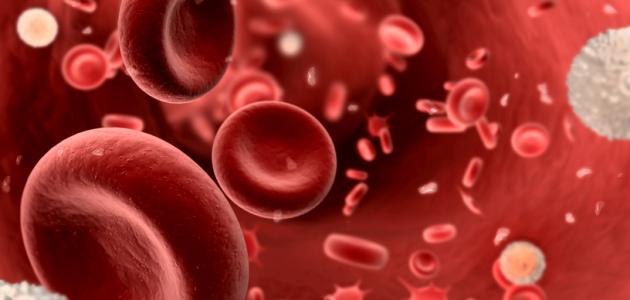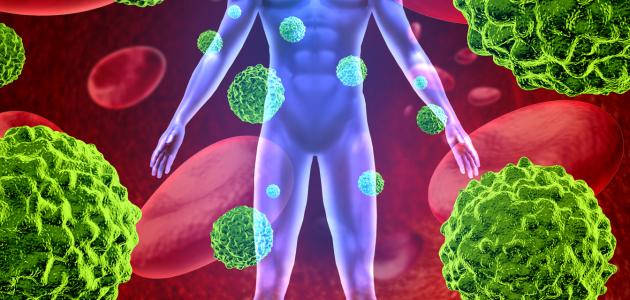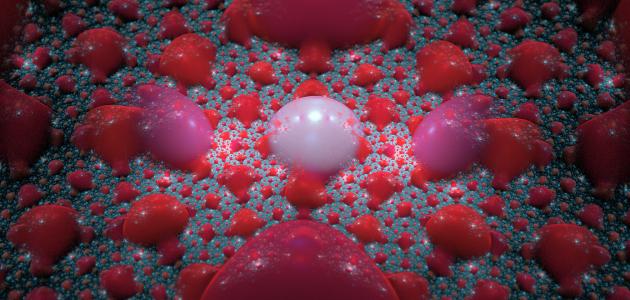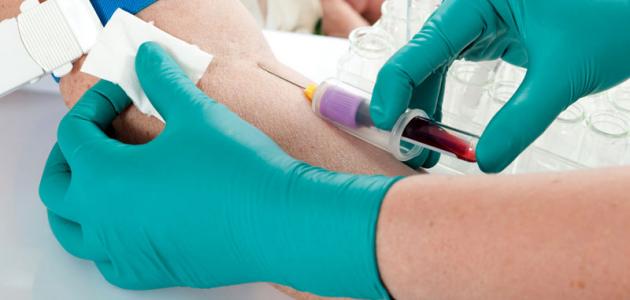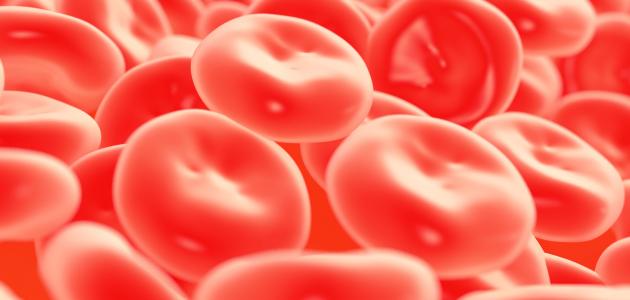Contents
Low blood platelet count
Blood is made up of many cells that float in plasma , which are red blood cells, white blood cells, and platelets . In the event of an injury or injury to the skin, platelets clump together to form clots in an attempt to stop the bleeding, and in the absence of sufficient quantities of platelets , this may prevent clots from forming. People may suffer from a condition called thrombocytopenia, lack of blood platelets, or low platelet count, which is represented by a decrease in the number of platelets to more than 150 thousand platelets per microliter of blood, and depending on the main cause, this condition may vary in severity, ranging from Between light and severe. It should be noted that low platelet count may be inherited or acquired. [1] [2]
Causes of low blood platelets
Low platelet count is attributed to many factors and causes, and the following is an explanation for each of them: [3]
- Blockage of platelets: The spleen is one of the main organs in the human body, and it is responsible for fighting infection and filtering unwanted substances from the blood, and in some cases a person may suffer from an enlarged spleen as a result of various factors, and the enlarged spleen then becomes a home for many platelets, and this By itself, it causes the number of platelets in the blood to decrease.
- Decreased production of platelets: Platelets are produced in the bone marrow, and if their production decreases, this results in the low or low number of platelets, and in fact there are many factors that cause a decrease in the production of platelets, including the following:
- Suffering from leukemia .
- Infection with some types of anemia.
- Exposure to viral infections, such as Hepatitis C, Human Immunodeficiency Virus, and for short (HIV).
- Take chemotherapy drugs.
- Drinking alcohol.
- Increased breakdown of platelets: the body may be exposed to certain conditions that cause an increase in the rate of platelet breakdown in excess of the rate of its production, and this causes a decrease in the number of platelets in the bloodstream, and among these cases the following:
- Pregnancy: Platelet fracture is usually mild, and it usually improves after childbirth .
- Immune thrombocytopenia: This condition usually affects children, and its occurrence is due to autoimmune diseases, such as: lupus and rheumatoid arthritis , as the immune system in this case works to attack and destroy platelets by By mistake, it should be noted that the term idiopathic thrombocytopenic purpura is used for cases in which the exact cause of this condition is unknown.
- Bacteremia: bacteremia is a form of severe bacterial infection that may destroy platelets.
- Thrombotic thrombotic purpura: This condition occurs when large numbers of platelets are used to suddenly form small blood clots in different parts of the body, and it should be noted that this condition is rare.
- Hemolytic-uremic syndrome: This is a rare disorder that causes a sharp drop in the number of platelets, destruction of red blood cells, and deterioration of kidney function . The occurrence of this condition may be associated with infection with the bacteria Escherichia coli (scientific name: Escherichia coli) in some cases, which may reach humans as a result of eating raw or undercooked meat.
- Taking certain types of medications: Taking certain medications leads to a decrease in the number of platelets, examples of these drugs are: Heparin, Quinine , antibiotics that contain sulfa, and anticonvulsants also known as antiepileptics Anticonvulsants), and researchers have attributed the fact that these drugs reduce the number of platelets to the wrong effect on the immune system, which causes the immune system to mistakenly activate the attack of platelets.
Symptoms of low blood platelet count
There may not be any symptoms indicative of a low platelet count in many cases, especially if the decrease is slight, and such cases are not detected except by chance. As for the symptoms that appear in other cases, the most important of them can be summarized as follows: [2]
- Superficial skin hemorrhage that results in small, red patches of skin.
- Feeling of fatigue and general fatigue.
- Bruising easily and excessively.
- Wounds bleed for a long time.
- Spontaneous bleeding from the gums or nose.
- Jaundice .
- Heavy menstruation (menorrhagia).
- Blood in urine or stool.
- An enlarged spleen .
- Difficulty or unstoppable bleeding.
- Deep vein thrombosis (DVT).
Diagnosis of low blood platelet count
To make a diagnosis of low platelet count, the doctor conducts a physical examination, especially to assess the rash and bruises if they appear, and the specialist doctor asks some questions related to symptoms, family history, and medications that the patient is taking, and it should be noted that the diagnosis of idiopathic thrombocytopenia may take place after Eliminating other causes that may lead to low platelets It is worth noting that the results of a laboratory examination that reveal the number of platelets are relied upon to confirm their low number, and the diagnosis may require other tests at the same time. Among these tests we mention the following: [4]
- Bone marrow examination.
- Complete blood count (CBC).
- A blood smear test, as this test examines platelets under a microscope.
- Other blood tests to evaluate blood clotting.
- Bone marrow biopsy . In some cases, this examination is done by taking a sample of the marrow fluid using a needle.
References
- ↑ "Low Platelet Count (Thrombocytopenia)" , www.healthline.com , Retrieved 19-8-2018. Edited.
- ^ A b "Thrombocytopenia (Low Platelet the Count)" , Www.medicinenet.com , Retrieved 19-8-2018. Edited.
- ↑ "Thrombocytopenia (low platelet count)" , www.mayoclinic.org , Retrieved 19-8-2018. Edited.
- ↑ "What are the causes of a low platelet count?" , www.medicalnewstoday.com , Retrieved 19-8-2018. Edited.
